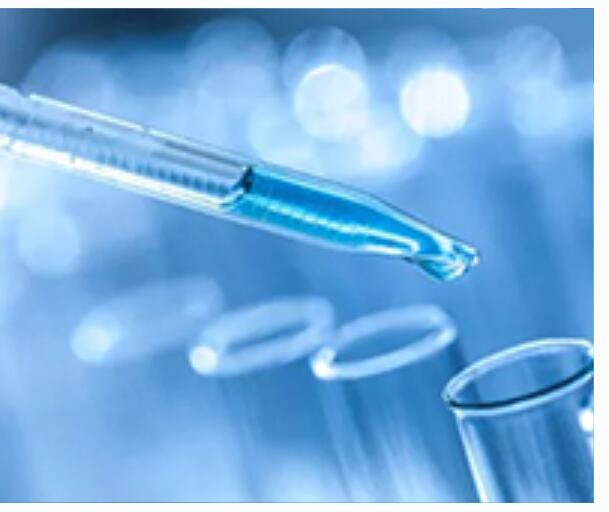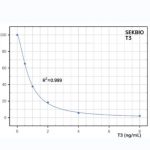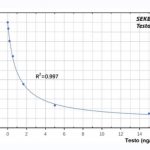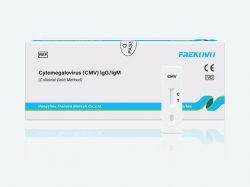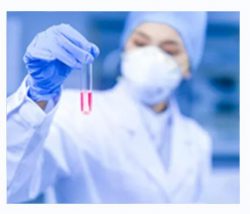Thyroid Peroxidase (TPO)
Thyroid peroxidase (TPO), also called thyroperoxidase or iodide peroxidase, catalyzes the iodization of thyroglobulin tyrosine during the biosynthesis of T3 and T4.
TPO is an enzyme expressed mainly in the thyroid, where it is secret into the colloid.
The increased TPO level may reflect the promoted thyroid hormone synthesis, which may cause hyperthyroidism.
The detection of TPO helps with diagnosing Hashimoto’s disease (HD) and autoimmune hyperthyroidism; Toxic chronic goiter (Graves); Monitoring the effect of immunotherapy; To detect the possibility of familial thyroid disease; Prediction of postpartum thyroid dysfunction in pregnant women.
SEKBIO provides Humanised anti-human TPO mAb for diagnosis usage.
Thyroid Peroxidase Intro
Thyroid peroxidase(TPO) TPO is an important enzyme that catalyzes thyroid hormones. TPO is synthesized by thyroid follicular cells. It is a 10% glycated hemoglobin-like protein composed of 933 amino acid residues with a molecular weight of 103 kD. It is most abundantly distributed in the microvilli on the follicular lumen surface. TPO uses hydrogen peroxide as an oxidant. TSH regulates the generation and activity of TPO. In the experiment, the action of TPO disappeared 48 hours after removing the rat pituitary, and TPO activity will restore after the injection of thyroid-stimulating hormone. Thiourea drugs can inhibit the activity of TPO, thus inhibiting the synthesis of thyroid hormones, and are commonly used clinically for the treatment of hyperthyroidism (hyperthyroidism).
Thyroid Peroxidase Antibody
Thyroid peroxidase (TPO) is a membrane-bound heme protein with a molecular weight of about 100,000. TPO participates in two different reactions in the biosynthesis of thyroid hormones. If thyroid peroxidase antibodies are present, it is a sign of concomitant damage to thyroid function or potential harm. Peroxidase antibody-positive suggests that the thyroid disease may be Hashimoto’s thyroiditis.
